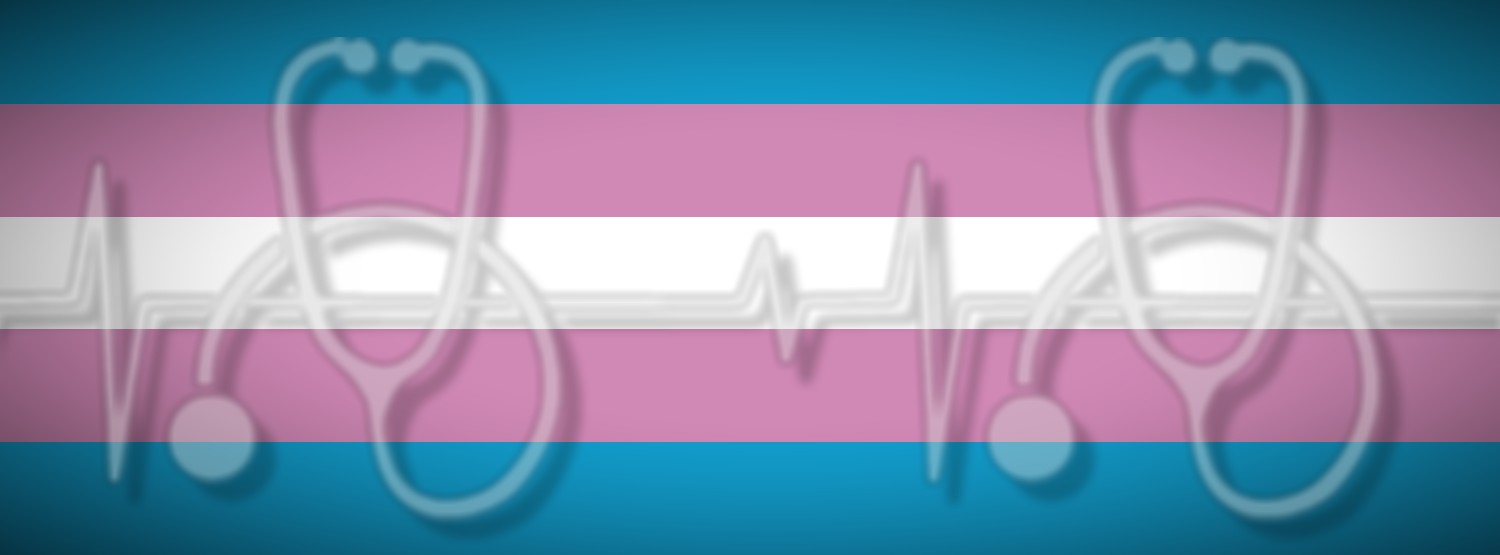As of March 2022, at least 20 percent of transgender youth in the United States are at risk of losing access to gender-affirming healthcare as states across the nation impose legal restrictions on this care. Arkansas became the first state to enact a ban in 2021, followed by Alabama and Arizona. Currently, 25 states are considering implementing their own bans.
The World Health Organization defines gender-affirming care as social, psychological, and medical treatment supporting a person’s gender identity. The practice is supported by the American Medical Association, American Psychiatric Association, and other medical organizations. Care may include recognition of a person’s correct name and pronouns, therapy, hormone blockers, and other treatments to delay puberty, prevent development of secondary sex characteristics, and relieve distress associated with gender dysphoria.
The Williams Institute at the University of California, Los Angeles School of Law found that 1.6 million people in the United States age 13 or older identify as transgender as of 2022. Among those 1.6 million people, approximately 300,000 are between ages 13 and 17. Gender-affirming care is considered an essential, and sometimes life-saving, treatment for transgender people. Access to puberty blockers and supportive care has been shown to reduce suicidal ideation and depression among transgender youth, who experience disproportionately higher rates of depression, suicidal ideation, and attempted suicide than their cisgender peers.
Opponents of gender-affirming care claim that bans on such care protects children and parental rights. Conservative legislators have indicated concern that gender-affirming care and surgeries are irreversible procedures and children may change their minds once it is too late. However, in reality, gender-affirming surgeries are extremely rare for patients under age 18. Hormone therapy care and access to puberty blockers are often not considered at all until puberty begins. There is no realistic justification for these bans other than transphobia.
Despite this reality, states such as Alabama have gone so far as to enact criminal penalties for doctors providing gender-affirming care and the families of transgender youth for seeking out such care. The state places felony criminal penalties on doctors who offer such services to patients, and doctors found in violation of the law can face up to a 10 year prison sentence.
Likewise, Texas enacted a ban on gender-affirming healthcare in 2022, and Governor Greg Abbott coupled this legislation with a directive for state health agencies to investigate gender-affirming healthcare treatments as potential child abuse. It also requires doctors and mental health professionals to report any such cases to state child welfare agencies. A court ordered injunction on the directive was lifted in May 2022, and state child welfare agencies resumed investigations. At least twelve families fell under the state’s investigation before another judge issued an injunction to prevent the state from investigating two families in July 2022 and another family in September while their cases proceed.
The state directive threatens to exacerbate an acute mental health professional shortage and further strain a healthcare system already under significant stress from the continuing COVID-19 pandemic. Medical insurance providers are no longer covering doctors who provide gender-affirming healthcare services, hospitals are denying such care to patients, and mental health services for transgender youth are shutting down across the state. Some parents are choosing to travel across state lines to seek gender-affirming physical and mental care, even in emergency situations, instead of risking investigation in Texas. This situation presents a glimpse into the future of reduced access to medical services if gender-affirming healthcare bans are implemented.
Florida, like Texas, is also experiencing a chilling effect on healthcare access following the state Board of Medicine’s approval of a ban on hormone therapies and surgeries to treat gender dysphoria for patients under age 18. State officials also approved a ban preventing Medicaid from covering treatments for gender dysphoria. Some hospitals in Florida are no longer accepting new patients seeking gender-affirming care, plastic surgeons are being denied access to hospital space to operate on transgender patients, and medical centers are removing information regarding gender-affirming care from their websites. The removal of information and resources is especially harmful, as those seeking treatment are effectively left in the dark on alternative treatment options and opponents can use the lack of information to spread false claims.
The lack of available medically-accurate information and the spread of misinformation in its place further threatens healthcare access. In Massachusetts, Boston Children’s Hospital received numerous threats, including a bomb threat, after a video on TikTok falsely claimed the hospital was performing gender-affirming surgeries on children. False claims of abuse spread over social media may deter patients seeking other treatments or participating in routine medical appointments to skip or cancel altogether out of fear of harm.
Conservative state leaders’ attempts to restrict gender-affirming healthcare shows no sign of slowing down. Oklahoma is attempting to ban such care for anyone under age 21, and another bill would prevent anyone under the age of 26 from receiving gender-affirming care. Tennessee is attempting to ban state funds from supporting health insurance policies that offer gender-affirming care. Missouri, Utah, and Virginia are among other states already considering bills to restrict access to gender-affirming care.
In contrast, some states such as Washington state and Illinois, have enacted or are considering laws to protect both providers and patients seeking gender-affirming care. These states are primarily considering bills to protect providers’ licenses, and some bills aim to protect out-of-state travelers seeking gender-affirming care. Laws such as these protecting healthcare providers to offer effective, holistic, and life-saving services are vital to ensuring every person can access services they need.
As unnecessary and misleading restrictions are enacted on gender-affirming care, millions of Americans’ access to adequate healthcare risks being stymied in the process. Fact-based, supportive healthcare is essential for every community to flourish, and officials at every level of government must act now to protect healthcare access for the transgender community before it is too late.
